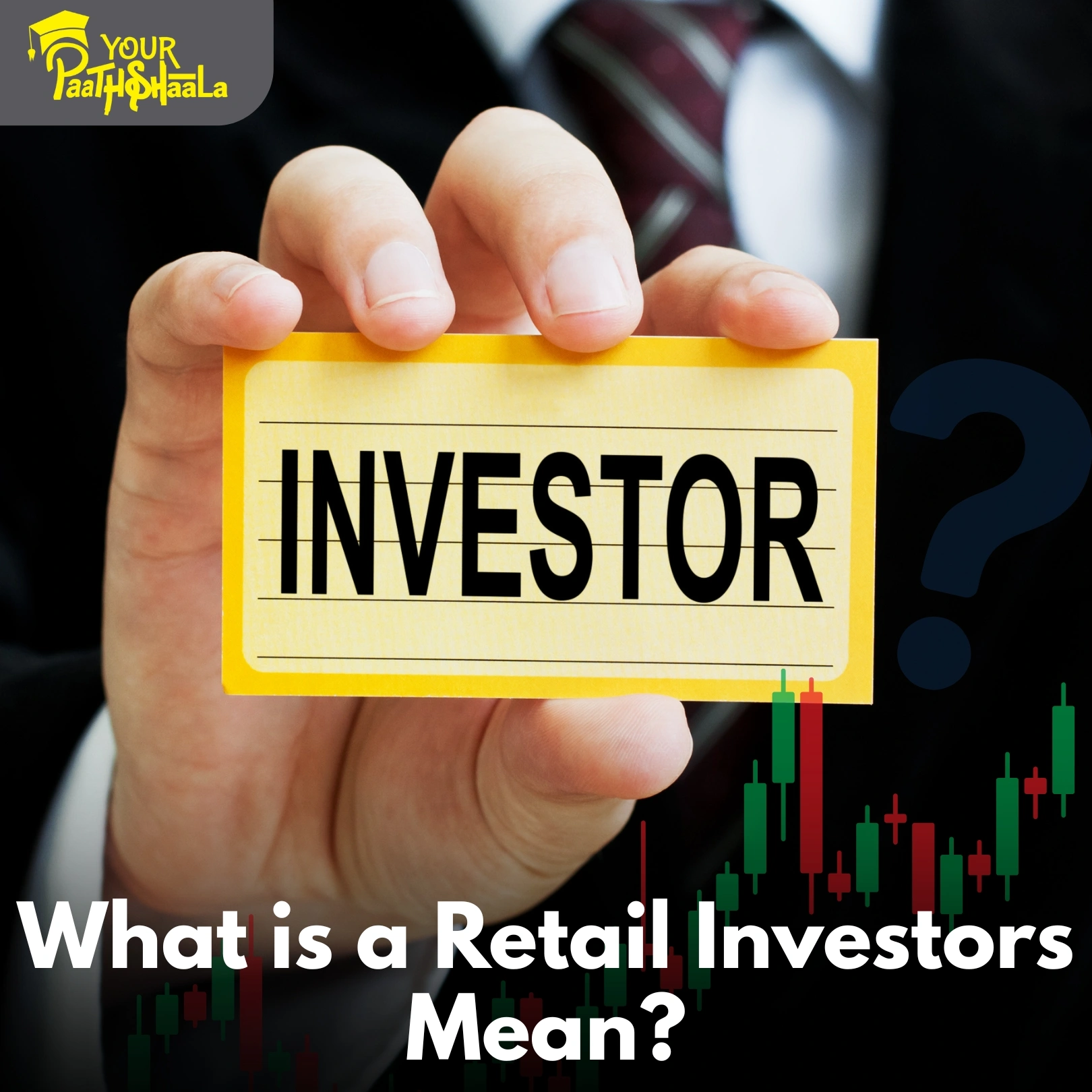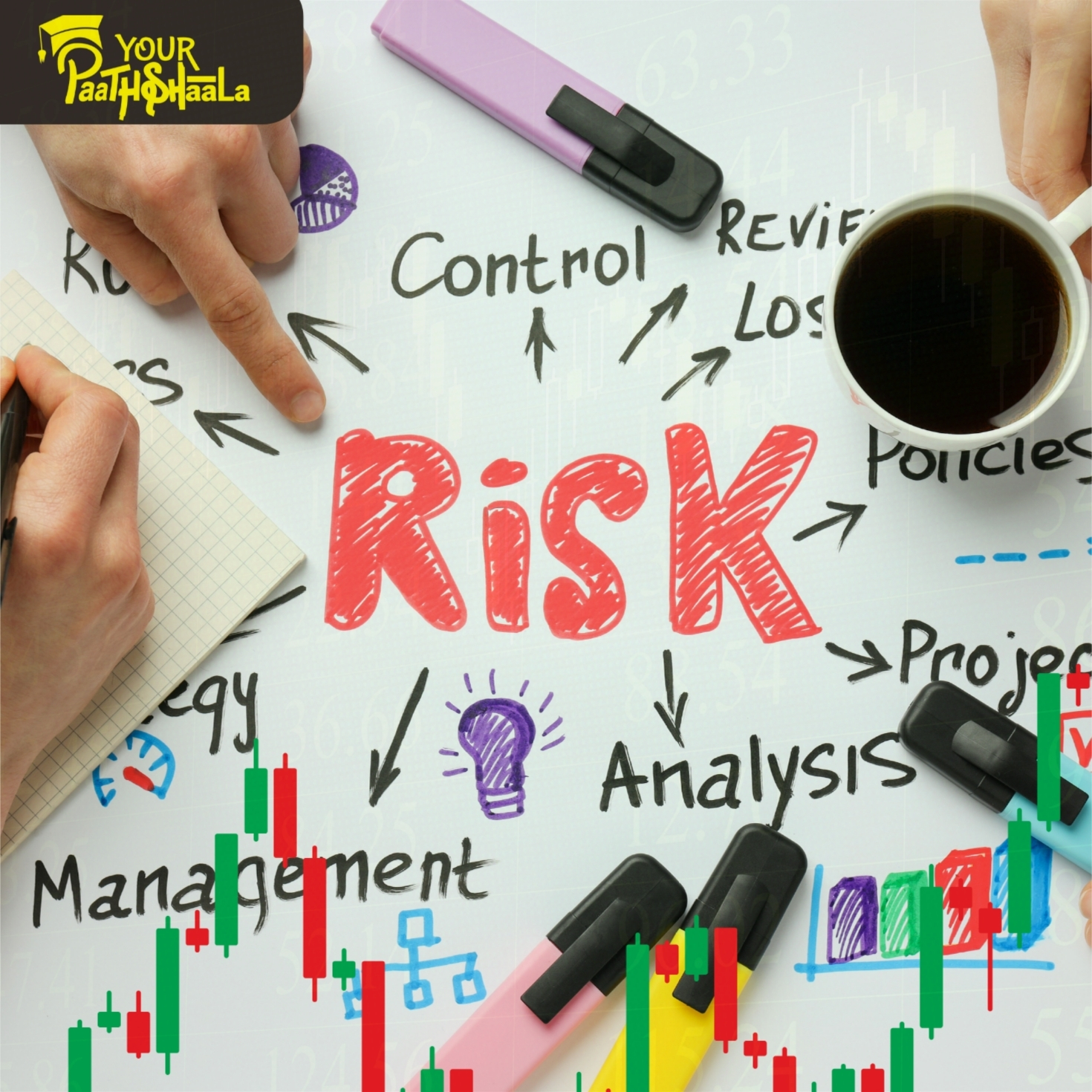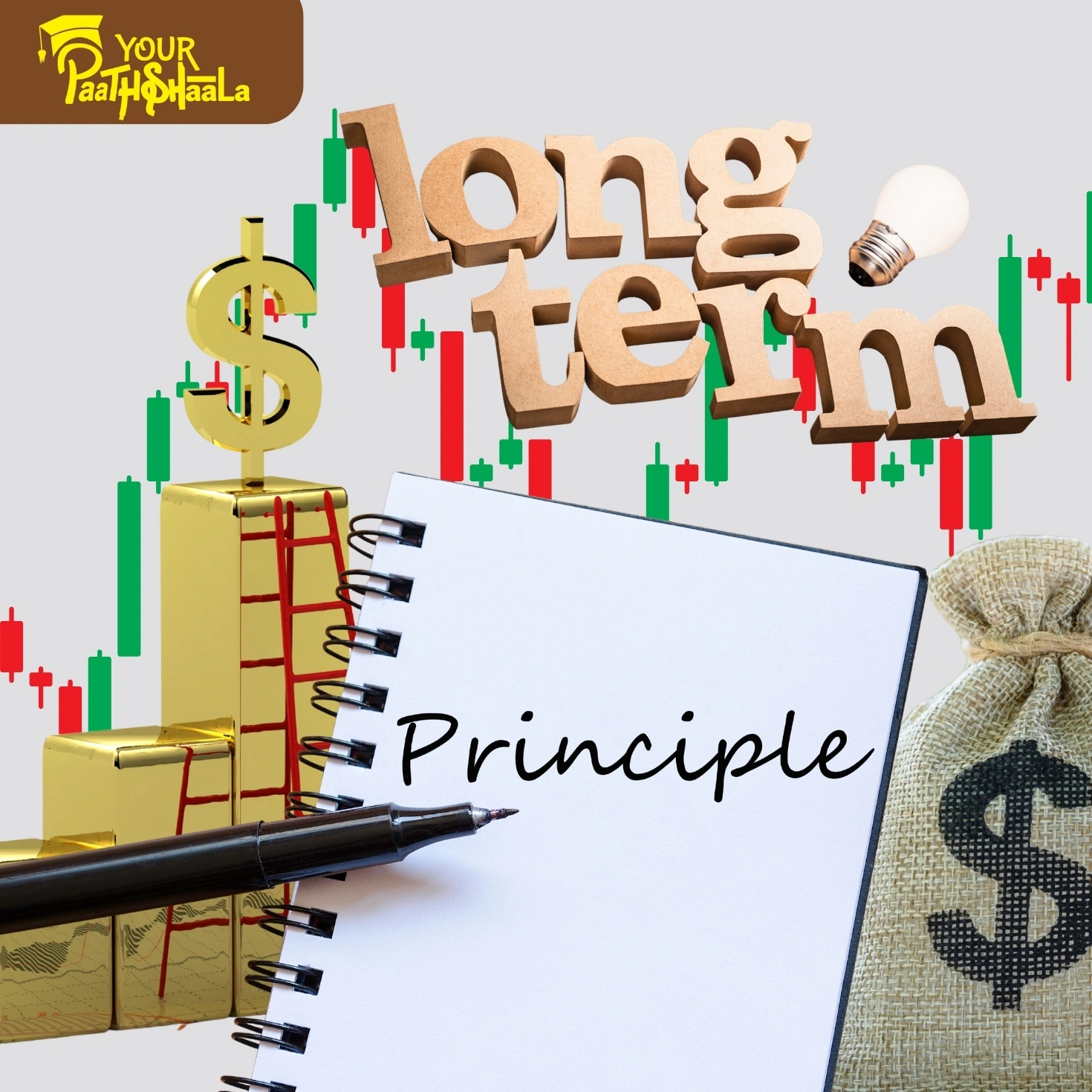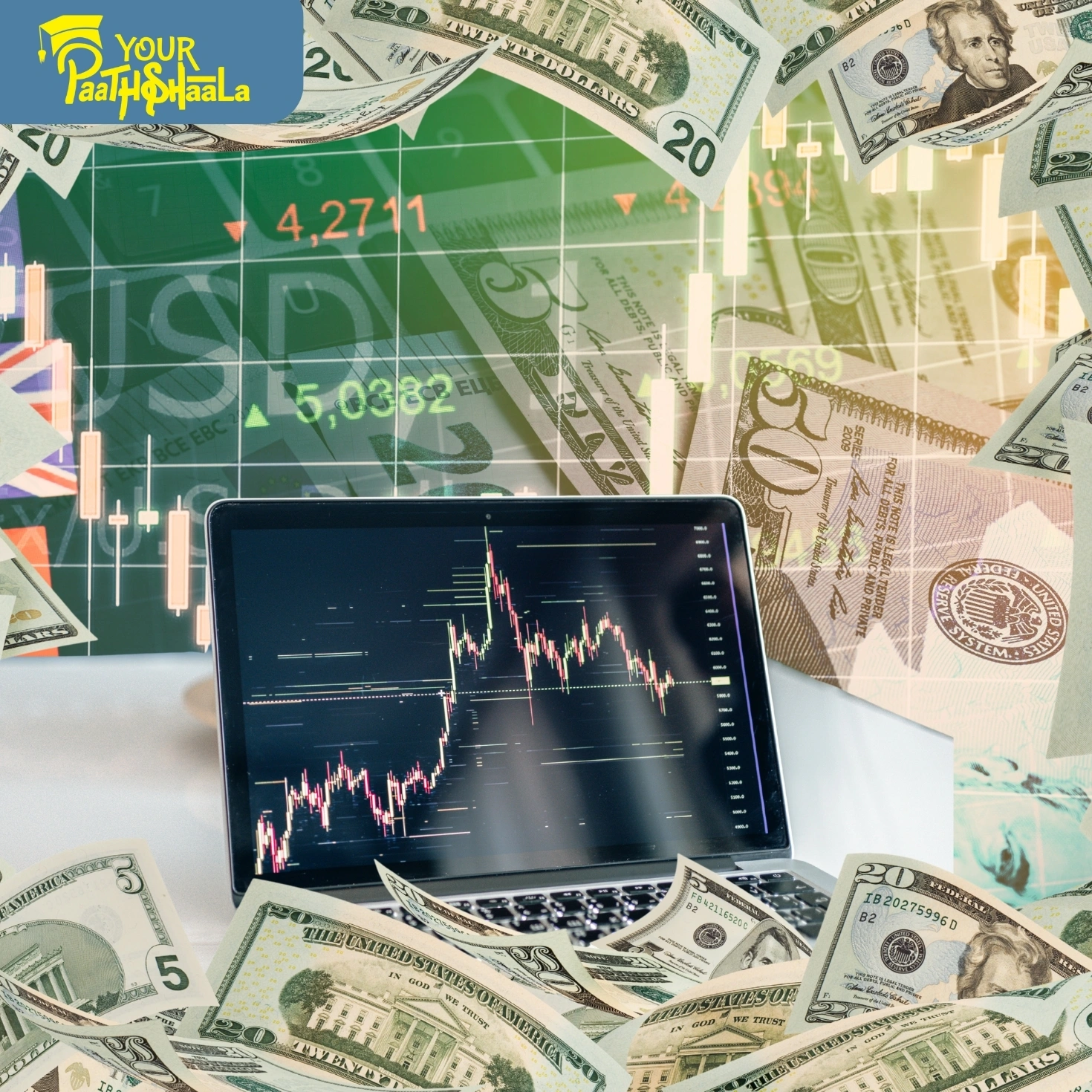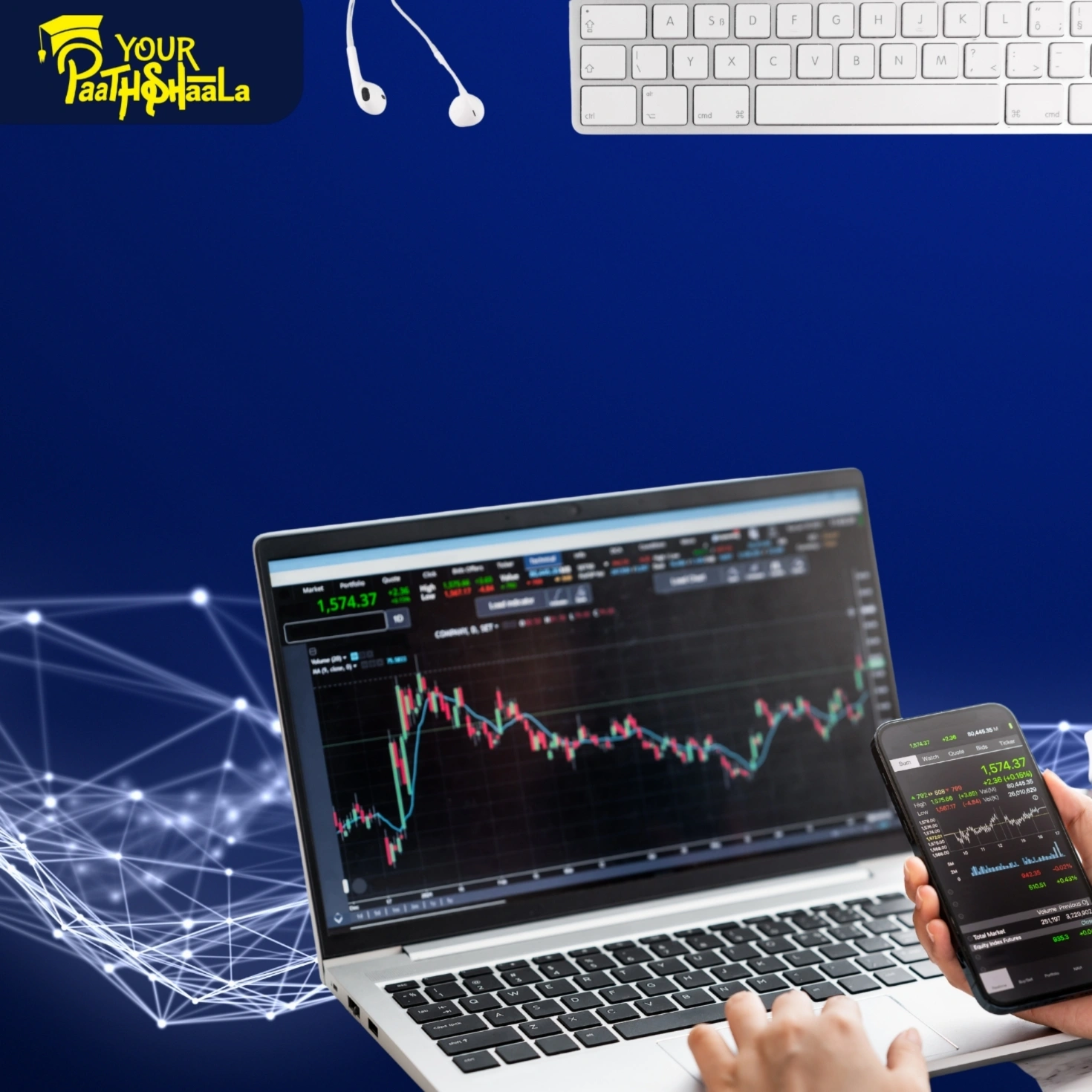The Rise of Retail Investors: How Everyday Traders Are Transforming the Stock Market
In recent years, retail investors—everyday individuals trading with their own money—have become a powerful force in the stock market. Thanks to technology, easy-to-use trading apps, and the influence of social media, more people than ever are participating in financial markets. This surge is not only democratizing investing but also reshaping how markets behave and how companies respond to their shareholders.
In this article, we’ll explore the rise of retail investors, examine the tools and trends driving their success, and discuss how their growing influence is changing market dynamics in 2025 and beyond.
Who Are Retail Investors?
Retail investors are individuals who buy and sell securities—such as stocks, bonds, mutual funds, or ETFs—for their personal accounts, rather than for an institution or organization. Unlike professional fund managers or institutional investors, retail traders typically invest smaller amounts and make independent decisions.
What’s Fueling the Rise of Retail Investors?
Several key factors have contributed to the explosive growth of retail participation in global markets:
1. Technology and Mobile Trading Apps
The proliferation of smartphones and user-friendly trading platforms has made it easier than ever to buy and sell stocks. Apps like Zerodha, Robinhood, Upstox, and Groww provide instant access to markets, real-time data, and educational resources—all from the palm of your hand.
2. Zero-Commission Trading
Many platforms now offer commission-free trades, reducing barriers to entry and allowing even small investors to participate without worrying about high fees.
3. Social Media and Online Communities
Platforms such as Twitter, Reddit (notably r/WallStreetBets), YouTube, and Telegram have created vibrant communities where retail investors share tips, strategies, and market news. This collective knowledge empowers individuals and sometimes even moves markets.
4. Financial Education and Awareness
Access to online courses, webinars, and educational content has made it easier for new investors to learn the basics of trading, risk management, and portfolio building.
5. Pandemic Savings and Remote Work
Lockdowns and work-from-home trends during the COVID-19 pandemic led many people to save more and look for new ways to grow their wealth, accelerating the retail investing boom.
How Are Retail Investors Impacting the Market?
The growing influence of retail traders has changed the stock market in several significant ways:
1. Increased Market Volatility
Retail investors often trade more frequently and are more willing to take risks. Their collective actions can lead to sharp price swings, as seen in the GameStop and AMC “short squeeze” events.
2. Challenging Institutional Players
Retail investors have shown they can move markets and challenge hedge funds or large institutions, especially when acting together through social media coordination.
3. Greater Focus on Transparency
Companies are paying more attention to their retail shareholder base, hosting virtual meetings, and improving communication to build loyalty and trust.
4. Rise of Thematic and ESG Investing
Retail investors are driving demand for investment themes like clean energy, technology, and ESG (Environmental, Social, and Governance) factors, influencing how companies operate and allocate capital.
5. Innovation in Financial Products
Brokers and fintech firms are developing new products—fractional shares, robo-advisors, and automated trading tools—specifically tailored to the needs of retail clients.
Tools and Resources Empowering Retail Investors
To succeed in today’s market, retail traders are leveraging a range of powerful tools:
Mobile Trading Apps: Easy order placement, real-time data, and portfolio tracking.
Research Platforms: Access to news, analyst ratings, and fundamental data.
Social Media: Instant updates, community support, and sentiment analysis.
Educational Content: Free courses, tutorials, and webinars on everything from basics to advanced strategies.
Algorithmic and Automated Tools: Bots and robo-advisors that help with trade execution and portfolio management.
Challenges Retail Investors Face
While the rise of retail investing brings many opportunities, it also comes with challenges:
Market Volatility: Quick gains can turn into losses just as fast.
Information Overload: Sorting reliable information from hype or misinformation can be difficult.
Emotional Trading: FOMO (fear of missing out) and panic selling can lead to poor decisions.
Risk Management: Many new investors underestimate the importance of diversification and stop-loss strategies.
Tips for Retail Investors to Succeed
- Educate Yourself: Take advantage of free and paid resources to understand market fundamentals.
- Start Small: Begin with modest investments and increase exposure as you gain experience.
- Diversify: Spread your investments across sectors and asset classes to reduce risk.
- Have a Plan: Set clear goals, know your risk tolerance, and stick to your strategy.
- Stay Disciplined: Avoid chasing trends or reacting emotionally to market swings.
Frequently Asked Questions
Q: Are retail investors really moving the markets?
Yes, especially in stocks with lower liquidity or high short interest. Coordinated buying by retail traders can cause significant price movements.
Q: Is it safe for beginners to invest in the stock market?
With proper education and risk management, investing can be safe. However, all investments carry risk, and it’s important to start with money you can afford to lose.
Q: What are the best resources for new retail investors?
Look for reputable trading platforms, financial news sites, online courses, and community forums with active moderation.
Q: Can retail investors compete with professionals?
While institutions have more resources, retail traders can leverage technology, speed, and community insights to find unique opportunities.
Conclusion: The Future Belongs to Retail Investors
The rise of retail investors is reshaping the financial landscape. Armed with technology, information, and a collaborative spirit, everyday traders are no longer just spectators—they’re active participants influencing market trends and company decisions. As this trend continues, retail investors who stay informed, disciplined, and adaptable will be well-positioned to thrive.
Want to Learn More and Join the Investing Revolution?
If you’re ready to take control of your financial future, build your investing skills, and become part of the new generation of market movers, expert guidance can make all the difference.
Visit YourPaathshaala
Near 🏥 Anjali Children Hospital, Tagore Nagar, Mathpurena, Raipur.
📫 PIN code: 492001, Chhattisgarh
📞 Click the Call Now below to contact us!
Start your investing journey with YourPaathshaala—your trusted partner for financial education and stock market success.

